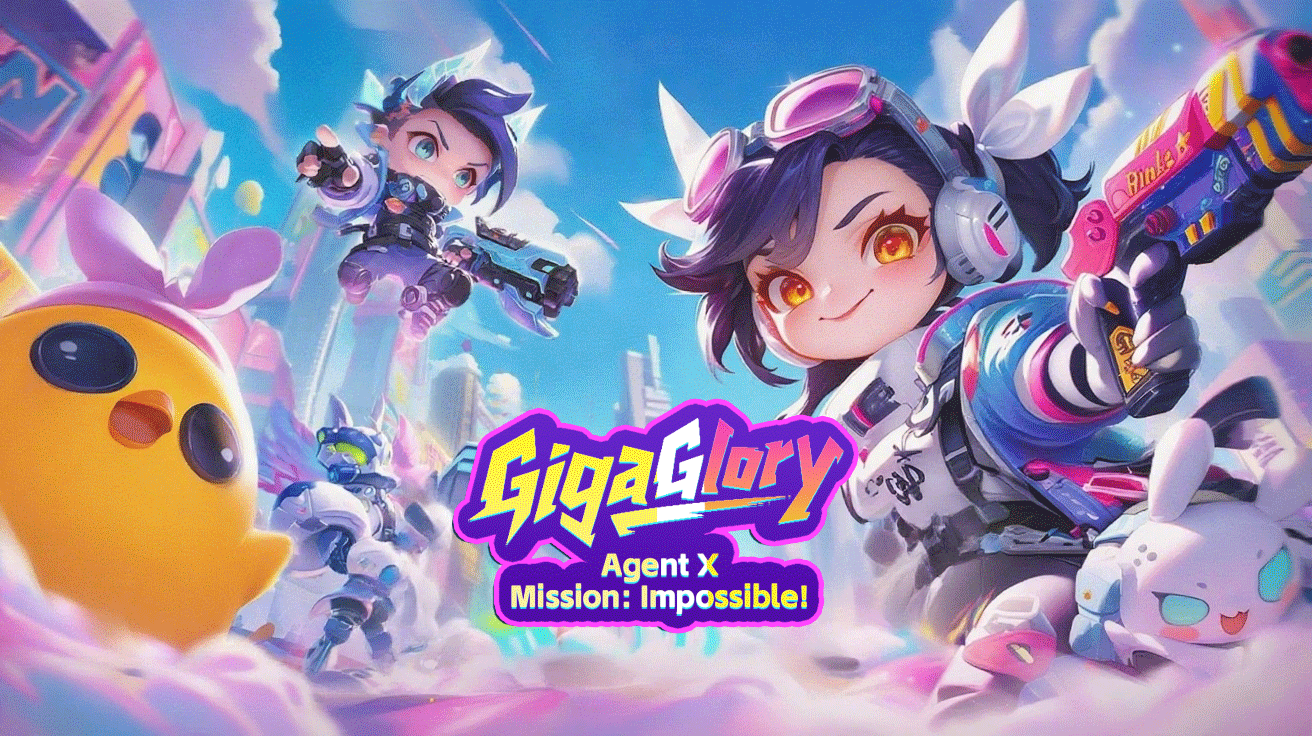Unlocking Adventure: How RPG Games Redefine the Gaming Experience
In the ever-evolving world of gaming, RPG games stand out as a genre that captivates players with immersive stories, rich character development, and engaging gameplay mechanics. This article explores how RPGs have managed to redefine the gaming experience, appealing to both seasoned players and newcomers alike.
The Essence of RPG Games
Role-Playing Games (RPGs) offer players a chance to step into the shoes of unique characters, crafting their own stories through choices and actions. Unlike traditional gaming formats, RPGs allow for deeper interactions and personal investment in the game's outcome. Here's what defines them:
- Character Development: Players can build and evolve their characters, influencing the narrative.
- Choice and Consequence: Decisions impact the storyline, making every gameplay session unique.
- World Exploration: Expansive worlds invite players to discover lore, quests, and hidden secrets.
The Evolution of RPGs
Historically, RPGs began as text-based adventures on early computer systems. As technology advanced, so did their complexity and depth. The shift from desktop to mobile has been particularly significant:
| Era | RPG Innovations |
|---|---|
| 1980s | Text-based games (e.g., Zork) |
| 1990s | 2D Graphics (e.g., Final Fantasy VI) |
| 2000s | 3D Worlds (e.g., World of Warcraft) |
| 2010s | Mobile & Cross-platform (e.g., Genshin Impact) |
Mobile Story Mode Games: A New Frontier
One of the most exciting developments in the RPG realm is the rise of mobile story mode games. With smartphones in nearly every pocket, these games bring the deep storytelling of RPGs to a broader audience. Their convenience allows for quick bouts of gameplay without the need for a hefty setup.
The Appeal of Diablo RPG Games
Within the RPG category, Diablo RPG games have carved a niche for themselves. Known for their hack-and-slash mechanics, dynamic loot systems, and rich atmospheric storytelling, they offer a different feel compared to traditional RPGs. Here are some foundational elements:
- Fast-paced Gameplay: Players dive into action instantly, making every session exhilarating.
- Diverse Character Classes: Each character class offers unique abilities, encouraging diverse playstyles.
- Multiplayer Capabilities: Team up with friends or players worldwide to tackle challenges.
The Role of Graphics and Audio
Modern RPGs are as much about visual and auditory experiences as they are about narrative. Today's games often feature stunning graphics that immerse players in fantastical worlds. Moreover, sound design, from musical scores to voice acting, enhances emotional engagement.
Community and Online Multiplayer Experiences
Online multiplayer features bring another layer of enjoyment to RPGs. Players can connect, share experiences, and even collaborate on quests. Communities form around mutual interests, whether through fan forums or in-game social features.
Challenges in RPG Game Development
Despite their popularity, RPGs face unique challenges:
- Balancing Depth and Accessibility: Developers must create engaging experiences without alienating new players.
- Monetization Strategies: Striking a balance between fair pricing and revenue generation can be tricky, particularly in mobile formats.
- Maintaining Engagement: Expansive worlds can risk becoming stale without regular updates and new content.
Player Engagement: Strategies That Work
Effective player engagement strategies are critical for RPGs to thrive. Here are some key techniques developers utilize:
- Regular Events: Seasonal events or in-game celebrations help keep the community active.
- Player Feedback: Listening to the player base ensures that the game evolves according to their needs.
- Social Integration: Features that allow sharing achievements or experiences on social media can enhance player investment.
Future Trends in RPG Gaming
As technology continues to advance, RPGs will inevitably evolve:
- Virtual Reality (VR): The potential for immersive experiences can change how we play and interact with games.
- Artificial Intelligence (AI): AI-driven characters and narratives create dynamic and responsive gameplay.
- Cross-Platform Accessibility: Continued efforts to bridge consoles, PCs, and mobile devices will only expand player bases.
Conclusion
RPG games represent a rich tapestry in the gaming world, blending storytelling, character development, and community engagement. As technology evolves and gameplay mechanics are refined, the journey of RPGs promises to be exciting for players globally. From the classic Diablo RPG games to the latest mobile story mode games, the genre continues to break barriers, inviting players to join in on adventures unlike any other.



